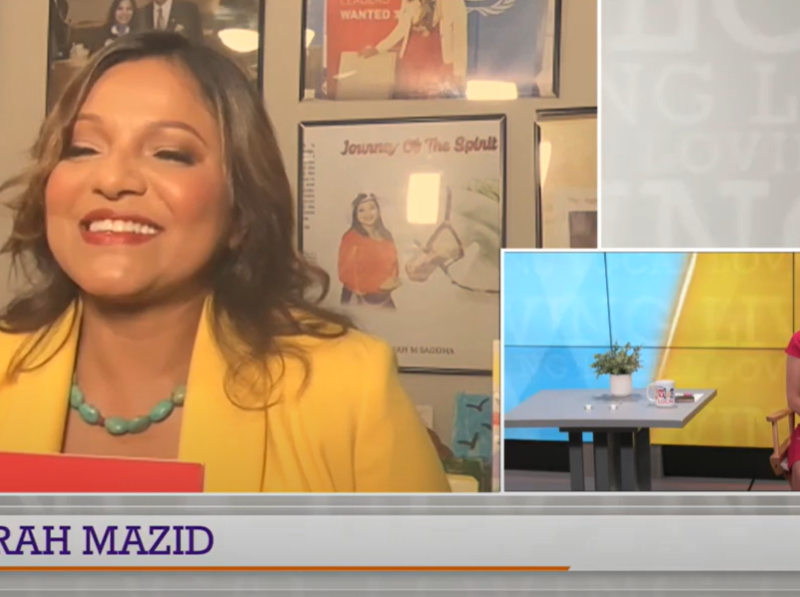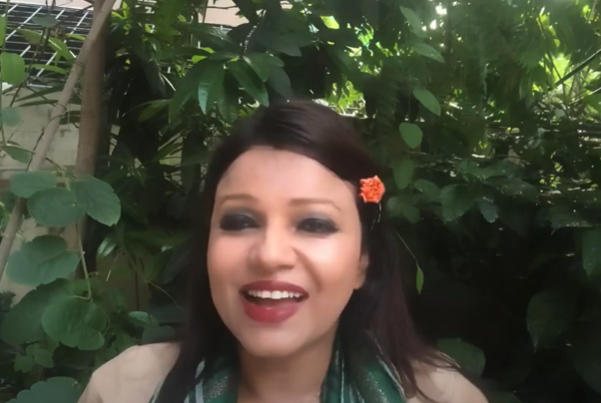China sent warplanes into the Taiwan Strait over the weekend, a show of force to the Biden administration that signals Beijing’s plans to maintain pressure on Taiwan even as it calls for a reset with the United States.
Taiwan’s military said that four Chinese fighter jets, eight bombers and one anti-submarine aircraft entered its southwestern air defence identification zone and crossed the midline that divides the Taiwan Strait on Saturday. That was followed by 12 fighters, two anti-submarine aircraft and a reconnaissance plane Sunday.
While such drills have been common and sometimes larger in recent years, the timing of this effort, just days after a new US administration took office, drew notice in both Taipei, Taiwan, and Washington.
Taiwan’s military said it sent radio warnings to the Chinese planes, put defense missile systems on alert and dispatched patrol aircraft to monitor them.
Ned Price, a State Department spokesperson, said in a statement released Saturday that the United States “notes with concern the pattern of ongoing PRC attempts to intimidate its neighbors, including Taiwan,” referring to the People’s Republic of China. “We urge Beijing to cease its military, diplomatic, and economic pressure against Taiwan and instead engage in meaningful dialogue with Taiwan’s democratically elected representatives.”
Also on Saturday, the Theodore Roosevelt, a US aircraft carrier, entered the South China Sea with its accompanying strike group on what the Navy described as “routine operations” to “ensure freedom of the seas.”
While Chinese military officials did not necessarily plan drills with the new US administration in mind, the timing could have value for Beijing, said Drew Thompson, a former Pentagon official responsible for China and now a research fellow at the Lee Kuan Yew School of Public Policy at the National University of Singapore.
“I think it’s a mistake to assume that everything is a signal,” he said. “But certainly the operation is both militarily expedient in terms of training and experience but also a very useful political signal to not only Taiwan but of course the new Biden administration.”
The US Navy aircraft carrier USS Theodore Roosevelt departs following an extended visit in the midst of a coronavirus disease (COVID-19) outbreak, from Apra Harbor, Guam May 21, 2020. US Navy/Mass Communication Specialist Seaman Kaylianna Genier/Handout via REUTERSThe US Navy aircraft carrier USS Theodore Roosevelt departs following an extended visit in the midst of a coronavirus disease (COVID-19) outbreak, from Apra Harbor, Guam May 21, 2020. US Navy/Mass Communication Specialist Seaman Kaylianna Genier/Handout via REUTERSThe Trump administration took a series of steps to elevate America’s relationship with Taiwan, sending high-level officials and approving weapons sales. Days before leaving office, Secretary of State Mike Pompeo lifted rules that restricted contacts between US and Taiwan officials.
China considers self-governed Taiwan to be part of its territory — to be united by force, if necessary. The United States severed formal links with Taipei when it recognised the government in Beijing in 1979 but still maintains extensive unofficial relations.
The Trump administration’s late moves toward China, including a designation that its crackdown in the far western region of Xinjiang was an act of genocide, potentially complicated President Joe Biden’s China policy.
But incoming officials have said that the United States would maintain a tough stance toward China while showing support for Taiwan. Antony Blinken, Biden’s nominee for secretary of state, told a Senate confirmation hearing Tuesday that he agreed with some of the Trump administration’s views on China but not necessarily its tactics and would work more closely with US allies.
Taiwan’s de facto ambassador to the United States, Bi-khim Hsiao, was invited to attend Biden’s inauguration, the first such time a representative from Taiwan was asked to attend since 1979.
Shortly after Biden was sworn in, Beijing announced sanctions against 28 Americans, including Pompeo and other China hawks who it said had “seriously violated China’s sovereignty.”
Some of those targeted had roles in deepening ties with Taiwan, including Alex Azar, the former secretary of health and human services, and former undersecretary of state Keith Krach, who both visited Taiwan last year; and Kelly Craft, the outgoing ambassador to the United Nations, who held a video call last week with Taiwan’s president, Tsai Ing-wen.






















